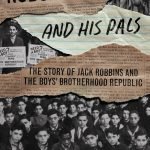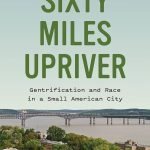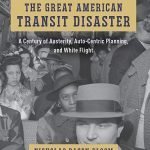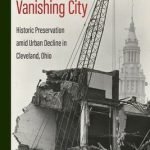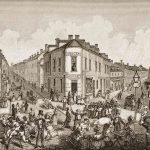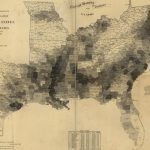Peter Ekman is a Postdoctoral Fellow at the University of Southern California’s Center on Science, Technology, and Public Life and at the Berggruen Institute. This interview is based on his new book, Timing the Future Metropolis: Foresight, Knowledge, and Doubt […]
urban history
The Author’s Corner with Derek G. Handley
Derek G. Handley is Assistant Professor of English at the University of Wisconsin – Milwaukee. This interview is based on his new book, Struggle for the City: Citizenship and Resistance in the Black Freedom Movement (Penn State University Press, 2024). […]
The Author’s Corner with Hendrik Hartog
Hendrik Hartog is Class of 1921 Bicentennial Professor in the History of American Law and Liberty, Emeritus at Princeton University. This interview is based on his new book, Nobody’s Boy and His Pals: The Story of Jack Robbins and the […]
The Author’s Corner with Richard E. Ocejo
Richard E. Ocejo is Professor of Sociology at John Jay College and the City University of New York Graduate Center. This interview is based on his new book, Sixty Miles Upriver: Gentrification and Race in a Small American City (Princeton […]
The Author’s Corner with Mauricio Castro
Mauricio Castro is Assistant Professor of History and Chair of Latin American Studies at Centre College. This interview is based on his new book, Only a Few Blocks to Cuba: Cold War Refugee Policy, the Cuban Diaspora, and the Transformation […]
Cleveland’s “urban living room”
Check out The Washington Post‘s piece on the transformation of Cleveland, Ohio: “America’s best example of turning around a dying downtown.” It appears Cleveland is no longer the “mistake by the lake”: A taste: Empty downtown office buildings pose a […]
The Author’s Corner with Nicholas Dagen Bloom
Nicholas Dagen Bloom is Professor of Urban Policy and Planning at Hunter College. This interview is based on his new book, The Great American Transit Disaster: A Century of Austerity, Auto-Centric Planning, and White Flight (University of Chicago Press, 2023). […]
The Author’s Corner with Stephanie Ryberg-Webster
Stephanie Ryberg-Webster is Associate Professor of Urban Affairs in the Levin College of Public Affairs & Education at Cleveland State University. This interview is based on her new book, Preserving the Vanishing City: Historic Preservation amid Urban Decline in Cleveland, […]
In early republican New York, food was a “public good”
Over at JSTOR Daily, Matthew Wills introduces us to the work of historian Gergerly Baics. In a 2016 piece in Urban History he argued that early republican New York was “characterized by centralized, municipal food provisioning.” Baics developed these thoughts […]
Redlining: 1860-Present
ArcGIS Story Maps has published a very valuable resource on redlining in American history. Redlining is perhaps the best illustration we have of systemic racism in America. Indeed, white people created public policy in American cities to keep Blacks segregated […]
How private interests led the way on urban segregation in America
Historian Colin Gordon argues that the federal housing policies contributed to segregation in cities, but private interests led the way. Here is a taste of his piece at Dissent: Recent scholarship and reporting on racial disparities in the United States […]
The Author’s Corner with Josiah Rector
Josiah Rector is Assistant Professor of History at the University of Houston. This interview is based on his new book, Toxic Debt: An Environmental Justice History of Detroit (University of North Carolina Press, 2022). JF: What led you to write […]
Do you want to revitalize American cities? Get rid of the highways
Today The New York Times has a fascinating piece by Nadja Popovich, Josh Williams, and Denise Lu on how highways built in the 1950s and 1960s have damaged city life and how some cities are responding. Here is a taste: […]


